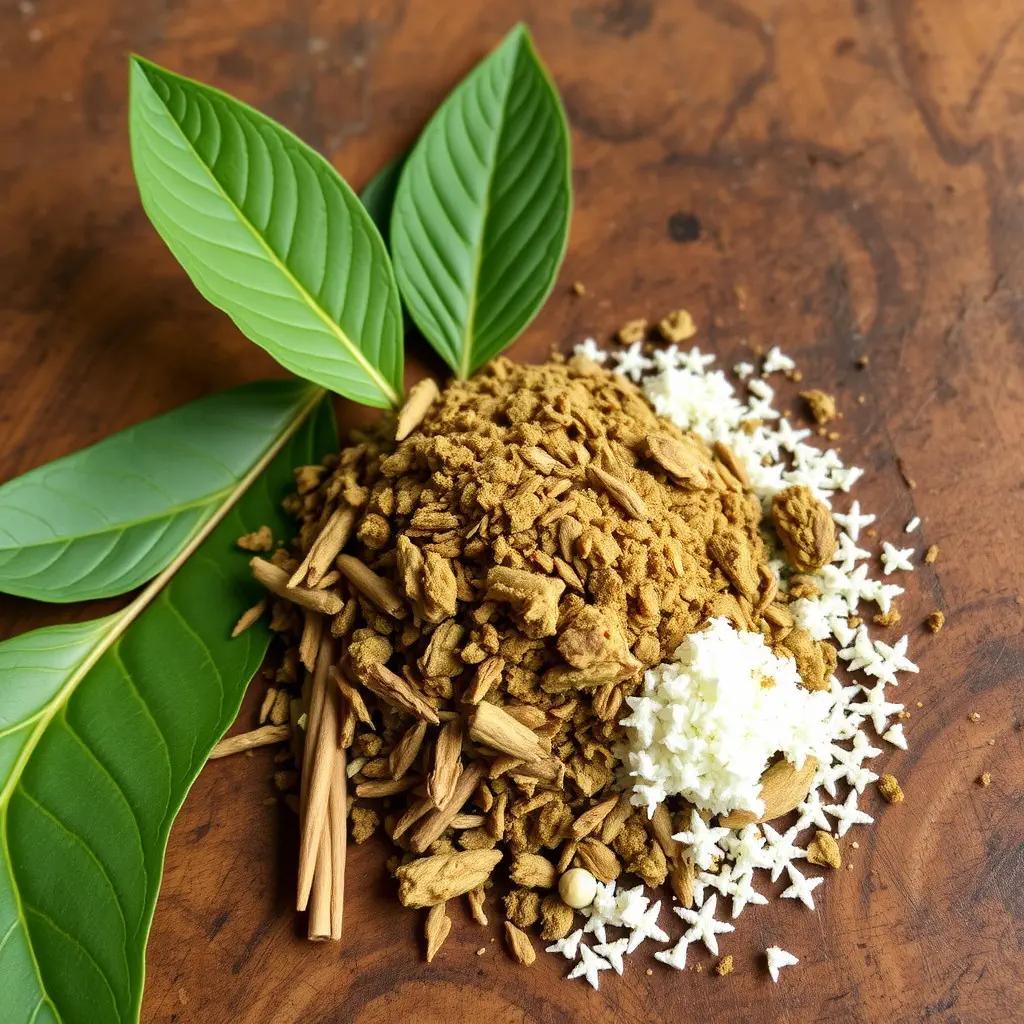In Indiana, where muscle soreness is common and kratom supplements are popular, understanding the state's kratom law is vital for effective and safe pain management. Kratom, derived from Mitragyna speciosa, has analgesic and anti-inflammatory properties but should be used complementarily due to limited scientific research. The Indiana Controlled Substances Act classifies kratom as a Schedule I controlled substance with no accepted medical use, regulating its sale and possession strictly. Consulting local laws and healthcare professionals before considering kratom is crucial for compliance with the Indiana kratom law.
Muscle soreness can significantly impact our daily lives, but there are effective strategies to ease discomfort. This article explores a unique approach to muscle relief through kratom supplements, delving into their potential benefits. We’ll first understand the root causes of muscle soreness and how it affects the body. Then, we’ll discover if kratom, a natural herb with growing popularity in Indiana, can provide a natural solution. Additionally, we’ll guide you through navigating Indiana’s kratom law to ensure a safe and legal experience.
- Understanding Muscle Soreness and Its Causes
- Exploring Kratom as a Potential Relief Option
- Navigating Indiana's Kratom Law: What You Need to Know Before Use
Understanding Muscle Soreness and Its Causes
Muscle soreness, a common post-exercise discomfort, is the result of microscopic tears in muscle fibers during physical activity. These micro-injuries trigger an inflammatory response, leading to the release of chemicals that cause pain and stiffness. While mild muscle aches are normal after intense workouts, persistent or severe soreness can impact daily life and performance.
In Indiana, where kratom supplements have gained popularity, understanding the causes of muscle soreness is crucial for informed decision-making regarding pain management strategies. Kratom, with its opioid-like properties, has been explored as a potential aid for relieving muscle aches. However, it’s essential to note that while some users report positive effects, scientific research on kratom’s effectiveness for this specific purpose remains limited, and the Indiana kratom law regulates its sale and possession.
Exploring Kratom as a Potential Relief Option
Kratom, derived from the leaves of the Mitragyna speciosa plant, has been a subject of interest for natural remedy enthusiasts. It’s known for its potential analgesic and anti-inflammatory properties, making it an intriguing option for muscle soreness relief. While some users swear by its effectiveness, it’s crucial to approach kratom as a complementary solution rather than a primary treatment. The Indiana kratom law regulates the purchase and possession of mitragynine, the primary active compound in kratom, ensuring responsible use. Understanding the legal framework surrounding kratom is essential before exploring its potential benefits for managing muscle soreness. Each individual’s experience with kratom may vary, and consulting healthcare professionals is advised to ensure safety and efficacy.
Navigating Indiana's Kratom Law: What You Need to Know Before Use
In Indiana, navigating the kratom law requires a thorough understanding of its legal status. Kratom, derived from the plant Mitragyna speciosa, has gained popularity for its potential muscle soreness relief properties. However, its use is regulated by state laws that vary across the country. In Indiana, kratom is currently classified as a Schedule I controlled substance under the Indiana Controlled Substances Act, meaning it has no accepted medical use and a high potential for abuse.
Before considering kratom supplements for muscle soreness relief, residents of Indiana must be aware of these regulations. While some forms of kratom may be legal as herbal supplements, any product containing mitragynine, the primary active compound in kratom, is strictly regulated. It’s crucial to consult local laws and seek guidance from healthcare professionals to ensure compliance with the indiana kratom law and make informed decisions regarding its use for pain management or other health benefits.
In conclusion, while kratom supplements show promise in alleviating muscle soreness, it’s crucial to approach their use with caution. Understanding the science behind muscle soreness and carefully considering Indiana’s kratom law, which outlines legal restrictions and safety guidelines, is essential before incorporating this herbal remedy into your routine. Always consult a healthcare professional for personalized advice and dosages, ensuring you stay informed and safe within the legal framework governing kratom in Indiana.






